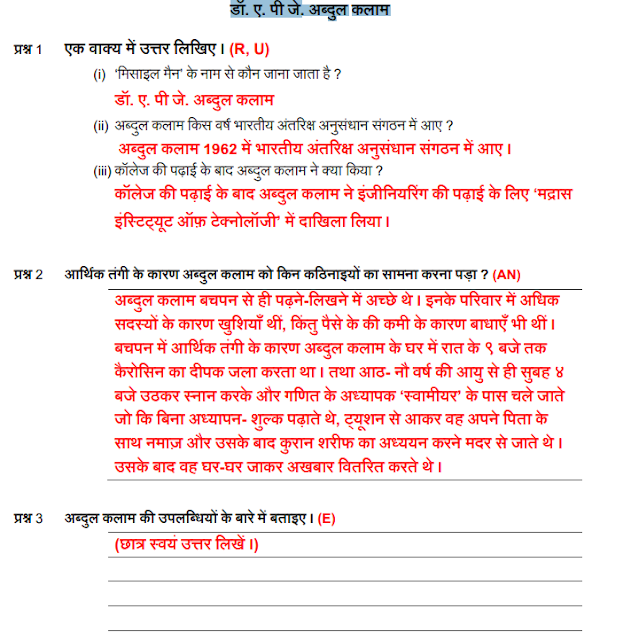THE CONVICT
1. Answer each of the following questions in 30-40 words.
a. Pip’s father's family name was Pirrip and his Christian name was Philip. His infant tongue could not properly understand or pronounce the name. He could say nothing longer than ‘Pip’. So, the narrator called himself Pip and came to be called Pip.
b. The man was fearful, all in coarse grey, with a great iron on his leg. A man with no hat, and with broken shoes, and with an old rag tied around his head. He was soaked in water and smothered in mud, and lamed by stones, and cut by flints, and stung by nettles and torn by briars. He limped, shivered, and glared and growled and his teeth chattered in his head.
c. The man had an iron leg. The leg may have been giving him trouble and he had no means to rectify it. So, when he heard that Pip’s brother-in-law was a blacksmith, he found a solution to what was troubling him.
d. As Pip saw the man picking his way among the nettles and among the brambles that bound the green mounds, he looked in Pip‘s eyes as if he were eluding the hands of the dead people, stretching up cautiously out of their graves.
2. Answer each of the following questions in 80-100 words.
a. Pip did not see his father or his mother and never saw any likeness of either of them (for their days were long before the days of photographs). His first fancies regarding what they were like were unreasonably derived from their tombstones. The shape of the letters on his father gave him an odd idea that he was a square, stout, dark man, with curly black hair. From the character, he drew a childish conclusion that his mother was freckled and sickly.
b. The man wanted Pip to get him food along with a file and wittle. In order to ensure that the boy got him what he wanted, he tried to scare him by saying that there was a young man hidden with him, in comparison to whom the man was an Angel. He further warned him that it would be in vain for a boy to attempt to hide from that young man. A boy may lock his door, maybe warm in bed, may tuck himself up, may draw the clothes over his head, may think himself comfortable and safe, but that young man will softly creep his way to him.










